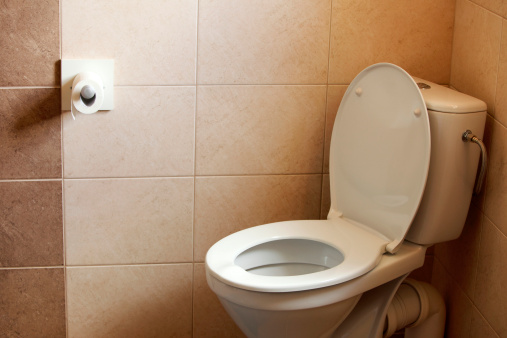 This may come as a shock to you, but there was a time when people tasted their own urine to gauge their health. Even doctors tasted their patients’ urine to diagnose them. Thankfully, these extreme measures are no longer necessary.
This may come as a shock to you, but there was a time when people tasted their own urine to gauge their health. Even doctors tasted their patients’ urine to diagnose them. Thankfully, these extreme measures are no longer necessary.
Urine has been used for thousands of years as an indicator of good health. Your kidneys are responsible for the Herculean task of filtering out waste and toxins from the bloodstream. It is through this process of filtration that your kidneys give you coded messages through your urine. These messages can give you vital clues about your body’s true state of health.
The Kidneys and Urine
Advertisement
In your lifetime, your kidneys will filter close to one million gallons of water – enough to fill a small lake. Along with this phenomenal amount of water, your kidneys also filter large quantities of bacteria, yeast, and excess proteins and fats. All these elements are eliminated from the body in the form of urine.
Normal urine is transparent, and can have a straw-yellow color. This color, however, can change based on your diet, medication, hydration, activity levels, and the time of day. There are also a host of diseases that can affect urine color. This is why the color of urine can be a great indicator of good health. For example, a deeper than normal yellow or orange generally indicates dehydration, and could also be a symptom of a urinary tract infection. If you notice any color or odor deviations from the norm, it could be an indication of a change in your health, and is worth looking into with your doctor.
The Benefits of Observing your Urine
Besides color, observing other elements in the appearance of your urine can give you important clues about your health. If you notice sediment in your urine, for example, you may have kidney stones. Similarly, cloudy urine suggests your kidneys could be infected. In this case, pus from the kidneys mixes with the urine to give it a cloudy appearance.
The smell of your urine is also an indicator of good health. Normally, urine has a very mild smell. Urine with a pungent odor is indicative of either kidney stones or dehydration. Sweet or fruity smelling urine is a sign of diabetes. In fact, in certain parts of the world, noticing ants around urine is considered a warning sign for diabetes.
Proper Hydration
Advertisement
The “six to eight glasses of water a day” rule is not the best way to measure your hydration levels. Everyone has a different body, and there is no standard amount of water that everyone should drink. However, as a general guideline, men should aim to drink a little over three liters, and women should aim to drink a little over two liters a day. Keep a glass or bottle of water by your desk at work, by your bed, and sip at slow, steady rates throughout the day to ensure that you’re staying hydrated. On hot, dry days or when you are being active, make sure to drink more than usual to rehydrate your body’s lost fluids.
You should now have a clearer idea of how your urine is linked to good health. Familiarizing yourself with what is normal for your urine is extremely important, and can give you a heads up if something is wrong with your body, especially with your kidneys.
The most important factor for the health of your kidneys, urinary tract, and the overall health of your body, is adequate hydration. Drinking pure fresh water when you feel thirsty is the number one way to prevent complications. Keeping an eye on your urine is a great way to ensure good health.
